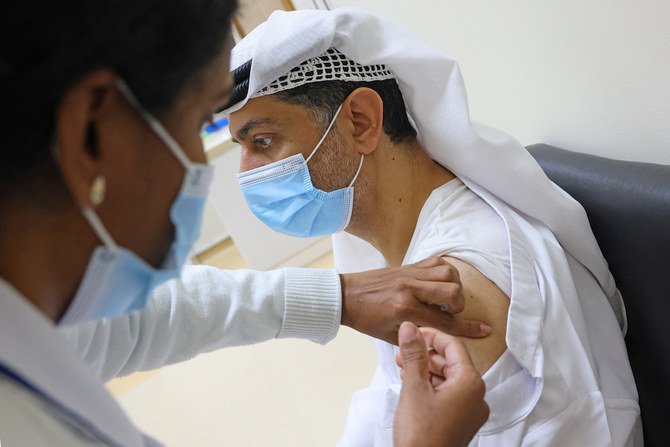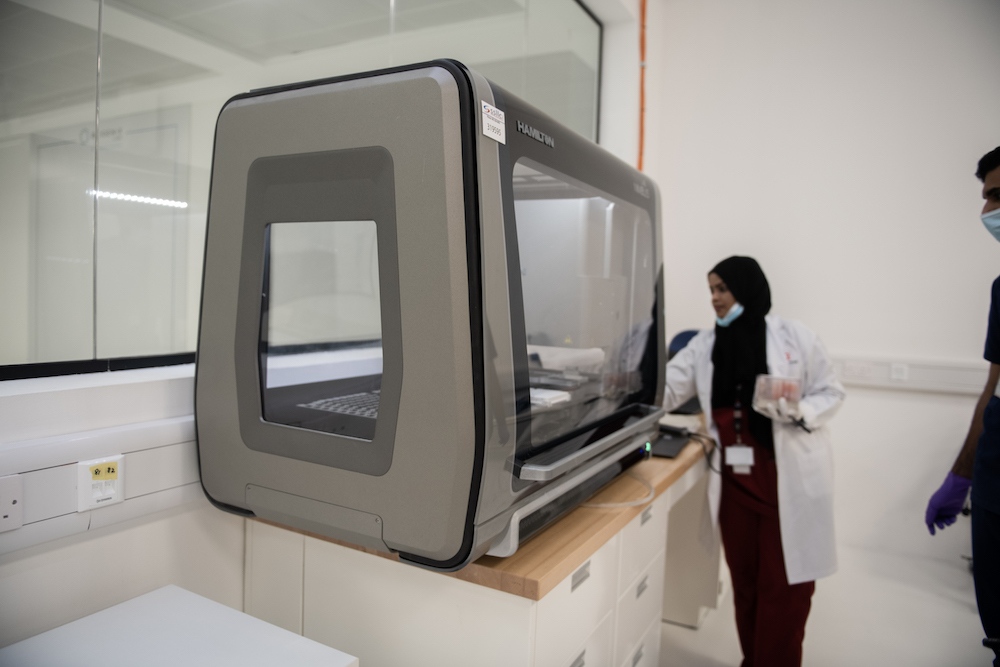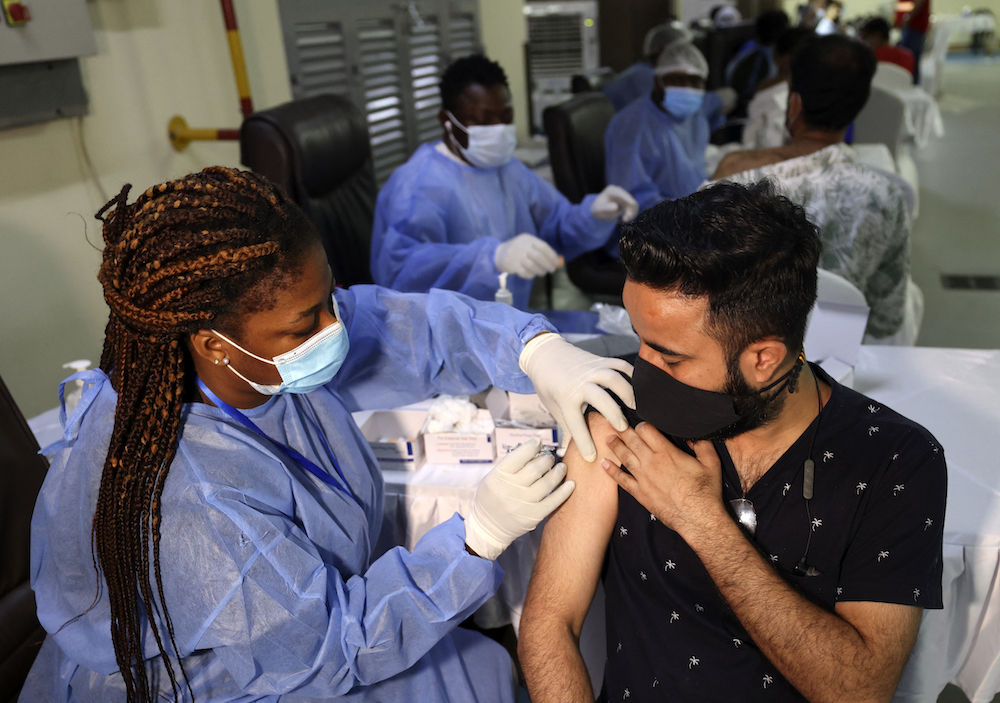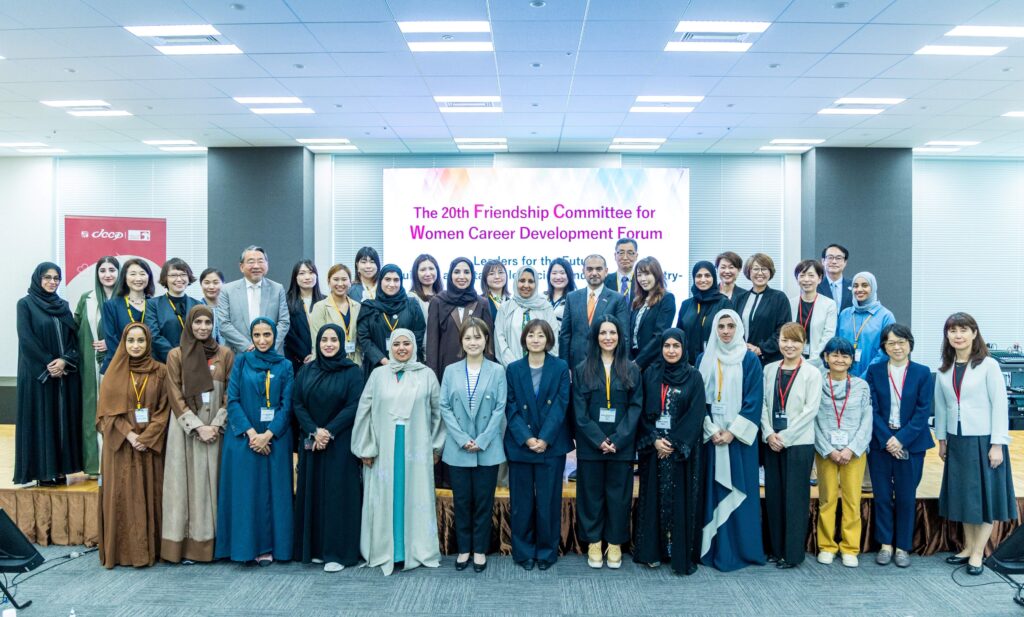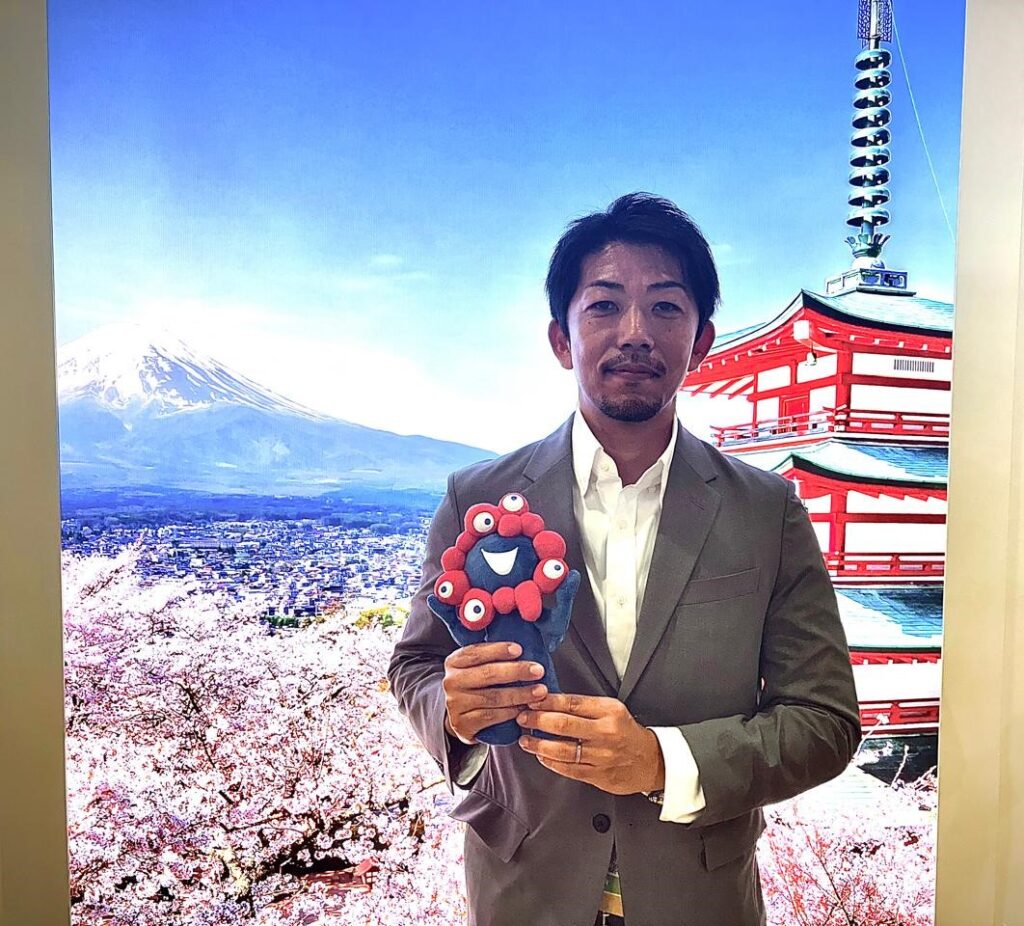DUBAI: The blueprint for all living things, from plants and animals to microscopic viruses, is coded into their DNA and RNA — molecular structures that communicate the genetic information that determines the characteristics of all cellular organisms.
Genomic sequencing studies that untangle these structures are helping scientists to understand the origins of the novel coronavirus, also known as SARS-CoV-2, as well as identify its potentially more contagious variants.
Without this field of research, COVID-19 testing and the current rollout of vaccines would not have been possible. In fact, the pandemic has forced a radical advancement of our scientific understanding of the coronavirus, leading to revolutionary new mRNA vaccines created by Pfizer and Moderna.
Knowledge of the virus’s RNA sequence was a key factor in COVID-19’s early detection, which has enabled the rapid development of diagnostic techniques. Never before have the nearly 30,000 nucleotides of a virus been so closely examined.

People queue in front of a designated COVID-19 vaccination center at Dubai’s financial center district. (AFP/File Photo)
Genomic surveillance studies are taking place in laboratories around the world. In South Africa, it was a genomic sequencing study that uncovered the B.1.351 variant (also known as 501Y.V2), which the scientific community fears is particularly contagious.
In the race to understand the source of the coronavirus, G42 Healthcare, an Abu Dhabi-based artificial intelligence and cloud computing company, launched its own SARS-CoV2 genome sequencing study last year.
The entire study will soon be published as a scientific paper, which is now in its final stages of production.
The company has also recently announced its collaboration with China’s Sinopharm CNBG to develop Hayat-Vax — “Hayat” meaning “life” in Arabic — with the potential to make the UAE the first Arab country to develop its own COVID-19 vaccine.
As rich nations squabble over a limited supply of vaccines, Hayat-Vax is seen by some as a promising new option for the developing world — that is, if Phase III clinical trials are opened to peer review and the public is convinced it can be trusted.
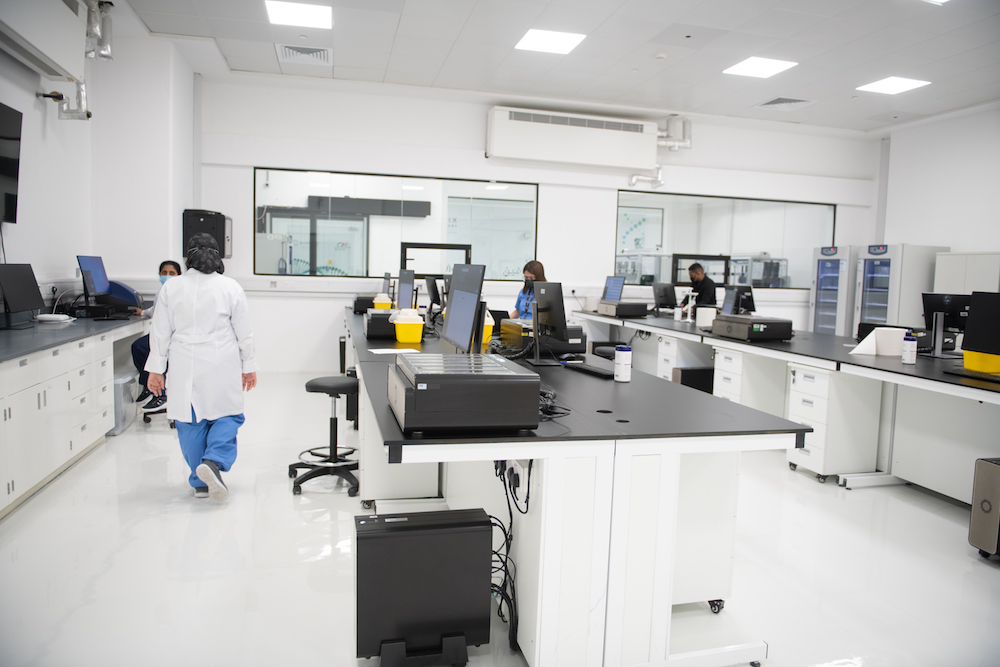
Genomic surveillance studies are taking place in laboratories around the world, including in the Emirati capital of Abu Dhabi. (AN Photo/Rebecca Anne Proctor)
On April 21, Abu Dhabi approved the use of the Pfizer-BioNTech vaccine. Sinopharm had been the only available shot in the UAE capital for the general public since December 2020.
“The UAE has been at the global forefront of fighting the COVID-19 pandemic with many firsts,” Ashish Koshy, CEO of G42 Healthcare, told Arab News.
“From setting up one of the largest testing and diagnostics labs to the region’s first Phase III clinical trials for an inactivated COVID-19 vaccine, to the timely Emergency Use Authorization to protect our frontline health care workers and now a national vaccination program that has vaccinated over 52 percent of the nation’s population,” Koshy said.
“It is a global benchmark, with the UAE ranking among the top three nations in the world on per hundred being vaccinated.”



